It’s perhaps a short time to draw any clear conclusions but the one month report card of the BJP government headed by chief minister Trivendra Singh Rawat in Uttarakhand gives an indication about the fresh challenges in store for it — especially in tourism, mining and excise sectors which are considered to be the backbone of the hill-state’s economy. Trivendra Singh, who took oath as the chief minister on 18 March, began his innings on a confident note by announcing that the Kandi road would be opened for better coordination between the two regions of the state — Kumaon and Garhwal — without impinging on Uttar Pradesh’s budget. He also did not lose much time in tackling the state’s most complicated task of negotiating with his counterpart in the Uttar Pradesh government for proper settlement of assets and liabilities between the two states. Trivendra Singh’s meeting with Yogi Aadityanath over division of assets and liabilities, seems to be promising and a right step in the direction of solving pending issues between two states. It may reduce the hurdles and speed up the development work in the state. In fact, taking a cue from Uttar Pradesh, perhaps, the new government has tightened the noose around illegal meat shops in Uttarakhand and have ordered to shut down such shops along the river Ganga. [caption id=“attachment_3341628” align=“alignleft” width=“380”] File image of Trivendra Singh Rawat. Photo courtesy: Twitter[/caption] Rawat sent across a clear message about his zero tolerance policy against corruption, the chief minister wrote a letter to the union government seeking a high level CBI probe into the alleged irregularities in the land acquisition for the proposed NH-74. In the first month, the chief minister has also tried to send out a strong message against the illegal mining in the state by undertaking special campaign against those involved in this. Illegal mining is considered to be a serious threat to environment in this hilly state. Now the government is planning to monitor illegal mining through geographical information system (GIS) mapping and tracking of mining vehicles through geo-positioning system (GPS). The government has undertaken initiatives to adopt Mining Surveillance System developed by the Centre. In terms of improvements in the medical sector, the government has proposed to implement the linking of Aadhaar numbers of doctors with their attendance to ensure presence. As far as housing is concerned, Uttarakhand has also set an ambitious target to become the country’s first state to complete the center’s ‘housing for all’ scheme. In a major decision, Trivendra government decided to dissolve the Badrinath-Kedarnath temple committee. However, High court has put a stay on government order currently. In relief to farmers borrowing from banks by mortgaging their land, the government has decided to waive off stamp duty for period of five years from the existing one year. However, everything is not rosy in Trivendra Singh’s government. There is an emerging unrest among the women in different parts of the state, following the excise department’s attempts to relocate liquor shops. There are reports that groups of women are protesting the excise department’s move to shift liquor shops. Liquor remains in high demand and thus, there is a proverb in hills, “Surya ast, pahad mast” (After sunset, the hills are drunk). Perhaps, Trivendra Singh’s government may not ignore the protest of women against liquor shops. But, it will be not easy for it to pacify them at the cost of its big source of income from excise department in this debt-ridden state. With the Centre’s decision to implement the Supreme Court order regarding ban on sale of liquor on state and national highways, Uttarakhand is facing fresh challenge to maintain its source of revenue, a portion of which gets generated through the allotment of liquor shops. The new government has taken a decision to de-notify 64 highways. Sources have said that the excise department is still not in a position to look at options to relocate the liquor shops at the right places.
It’s perhaps a short time to draw any clear conclusions but the one month report card of the BJP government headed by chief minister Trivendra Singh Rawat in Uttarakhand gives an indication about the fresh challenges in store for it — especially in tourism, mining and excise sectors which are considered to be the backbone of the hill-state’s economy.
read moreAdvertisement
End of Article


)
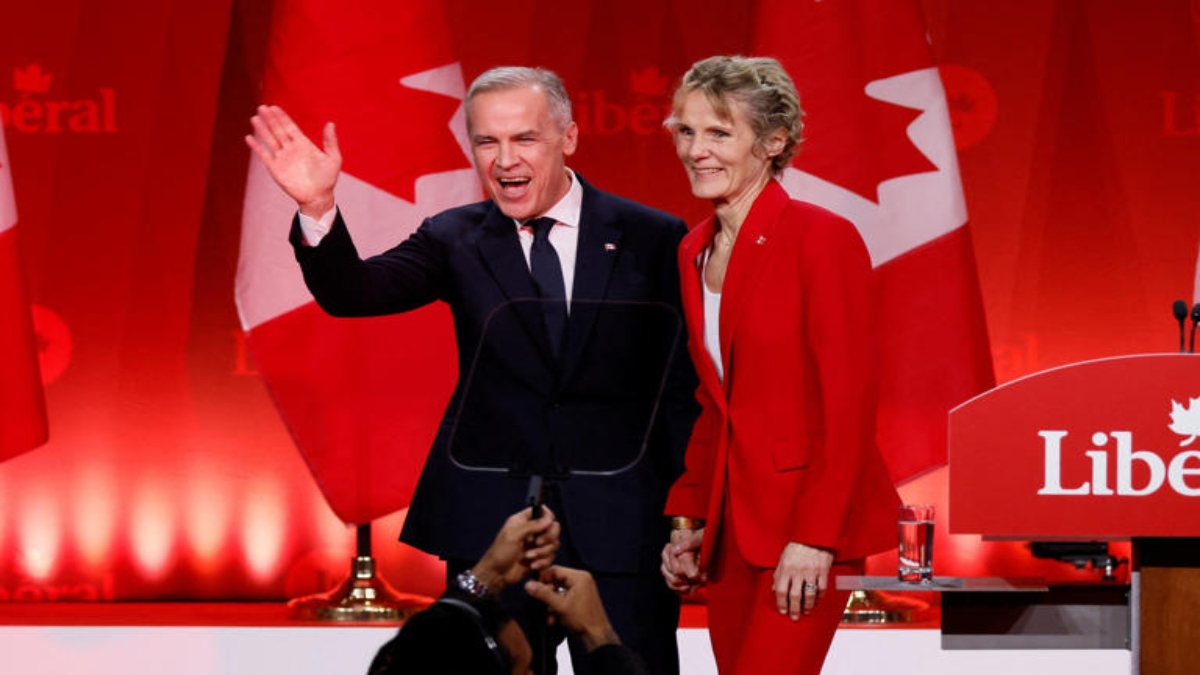)
)
)
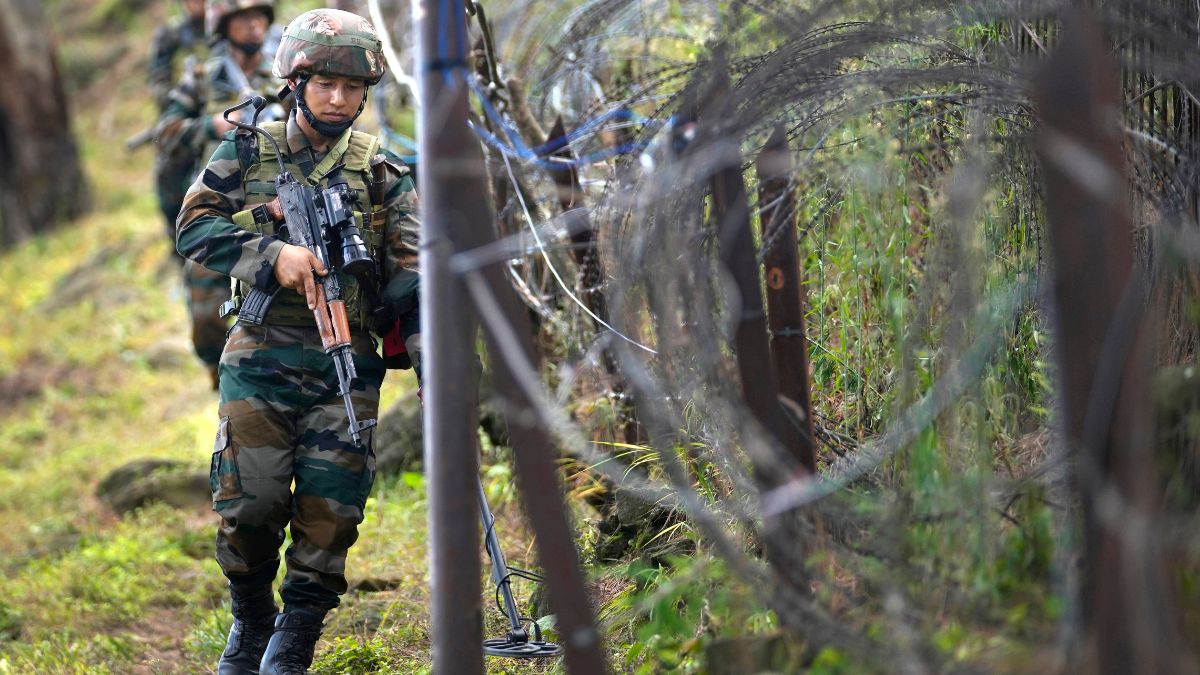)
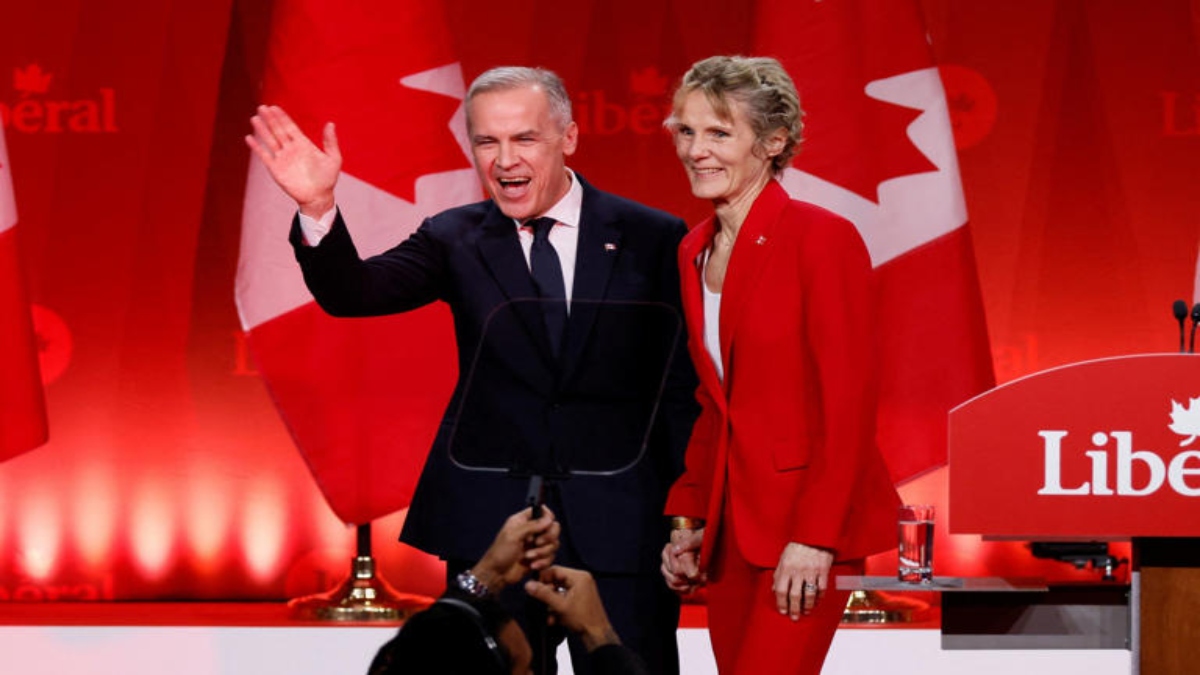)
)
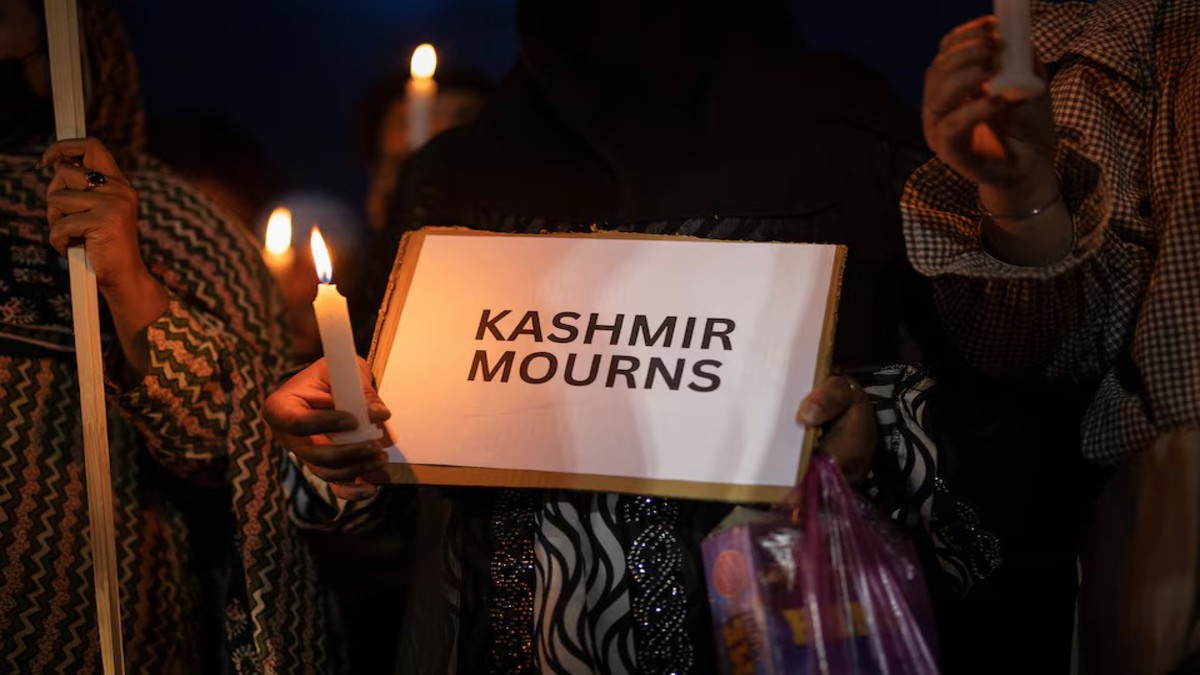)
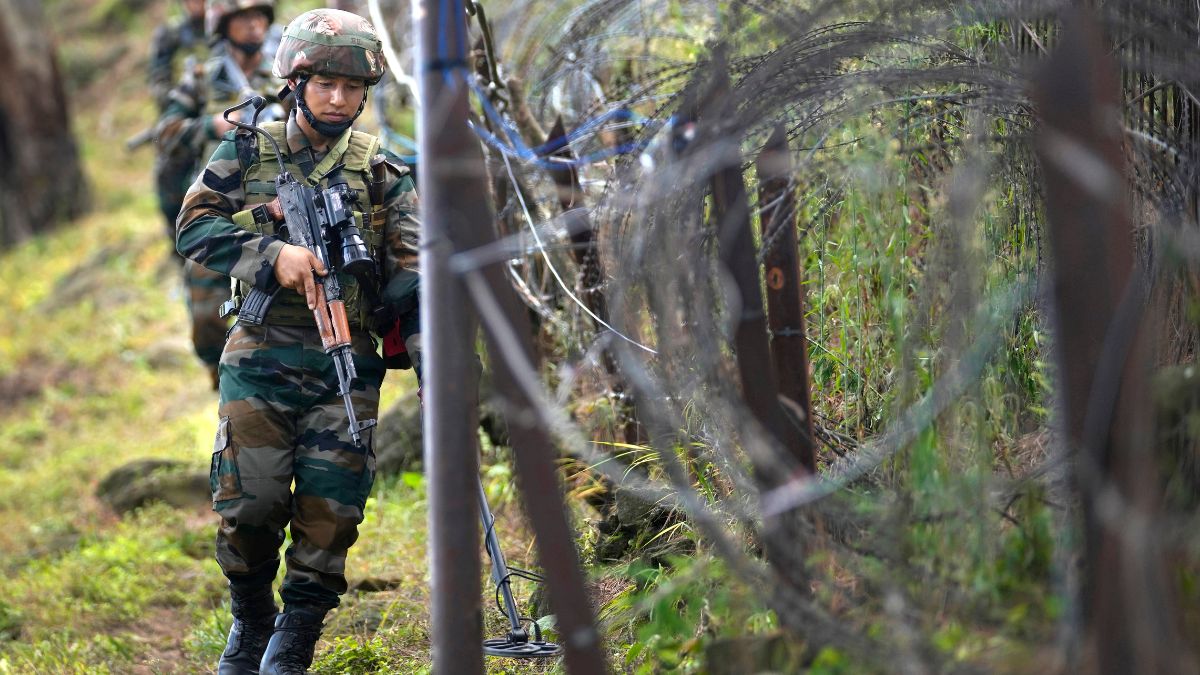)